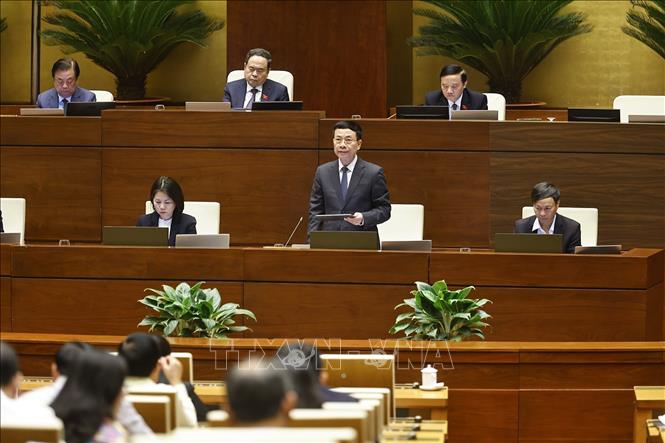
The Draft Law has many important innovations, especially in supporting innovation, applying artificial intelligence (AI), developing the intellectual property ecosystem and perfecting the protection mechanism.
Commenting on Article 8a of the draft Law on management and exploitation of intellectual property rights, delegate Nguyen Hoang Bao Tran ( Ho Chi Minh City) said that the establishment of a list and self-determination of the value of intellectual property rights is progressive, creating conditions for intellectual property to be recorded in accounting books and participate in civil, commercial and investment transactions.
However, the regulation is too broad in allowing owners to determine the value themselves without stipulating the obligation to prove, publish the basis or minimum valuation standards. Auditing and inspection practices show that this is a point that can easily be exploited to inflate values, transfer prices, cause losses in transactions with public assets or make it difficult for credit institutions to appraise documents. Therefore, delegates proposed to add the principle of explanation and transparency of valuation methods to ensure the integrity and reliability of the market.
Referring to Clause 2 of Article 8a on the State's policy of encouraging the exploitation and use of intellectual property as collateral for loans, delegate Nguyen Hoang Bao Tran commented that this policy is correct and consistent with the trend of knowledge-based economy . However, the delegate emphasized that if not accompanied by binding conditions, the "encouraging" provision will be difficult to implement in practice.
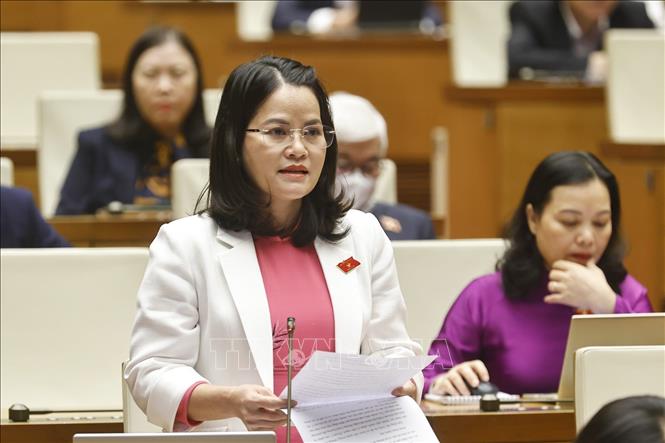
Currently, credit institutions can only accept intellectual property as collateral when there is a standard valuation method, a clear record of rights and a mechanism for handling and transferring assets in case the customer is unable to repay the debt. Meanwhile, the draft Law only stops at the "encouraging" level without clarifying: What standards are used for valuation? How are assets handled when debt obligations arise? Who is responsible when assets are in dispute, invalidated or lose economic value? "Without these prerequisites, Article 8a will hardly be able to be applied in credit practice," the delegate noted.
Concerned about intellectual property in the field of journalism, delegate Hoang Minh Hieu (Nghe An) requested the drafting agency to study and supplement regulations on related rights of press agencies.
According to the delegate, this is the right granted by law to press agencies to protect economic interests and control the reuse of press content by third parties. This right is not copyright, because copyright belongs to the journalist or the editorial office according to the agreement, but is a right arising from investment activities, financial organizations, and human resources to create press products. Thanks to that, press agencies have the right to allow or prevent the copying, extraction, and commercial exploitation of press content, especially on digital platforms or search engines and social networks.
The delegate analyzed that currently the Intellectual Property Law only regulates related rights of some types such as related rights of producers of audio and video recordings; related rights of broadcasters and performers, but has not yet regulated related rights of press agencies. The Law only mainly protects the copyright of journalists, does not regulate the synthesis, marking, indexing, excerpting, and exploitation of press data.
These forms do not copy the entire work but take advantage of the investment value of the press, making it difficult for press agencies to claim compensation under the copyright mechanism. The lack of regulations on related rights leads to the press agencies lacking the legal basis to sue or request the removal of illegally exploited content. Therefore, the addition of this right provides a clear legal basis for requesting licenses, negotiating fees and restricting the act of copying excerpts, protecting the press agencies' investment in improving the quality of news. In addition, the addition of this regulation is also consistent with the development trend of intellectual property law.
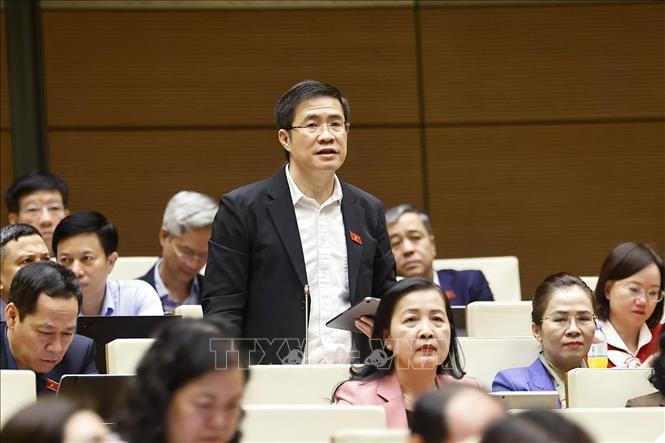
From the above analysis, delegate Hoang Minh Hieu suggested that the drafting agency study and add to the draft Law regulations on related rights of press agencies with specific contents such as: regulations on the rights of press agencies to allow or not allow third parties to copy, store, index, display excerpts, synthesize, exploit press news or systematically quote to create competitive press services. For businesses that profit from using press content on digital platforms, they must share revenue with press agencies on the basis of negotiations between the two parties.
However, the delegate pointed out that along with this right are limitations, such as not applying to non-commercial citations for research, education activities or providing purely unsubstantiated links, or for the purpose of exploitation, serving science, not affecting the normal commercial exploitation of the press...
The Draft Law stipulates: Organizations and individuals are allowed to use legally published documents and data, and the public is allowed to access them, for the purpose of researching, training and developing artificial intelligence systems, on the condition that they do not copy, distribute, transmit, publish, create derivative works or commercially exploit the original documents and data and do not cause damage to the legitimate interests of the author or owner according to the provisions of this Law and other relevant laws.
Appreciating the addition of this provision, delegate Nguyen Tam Hung (Ho Chi Minh City) said that, to avoid disputes over the scope of use, the drafting committee needs to consider clarifying the criterion of "not causing damage to the legitimate interests of authors and owners"; at the same time, add criteria for assessing impacts in cases of using data on a large scale.
Source: https://baotintuc.vn/thoi-su/minh-bach-trong-xac-dinh-gia-tri-quyen-so-huu-tri-tue-20251124125015638.htm




![[Photo] Close-up of heavy damage at the school located on the banks of the Ban Thach River](/_next/image?url=https%3A%2F%2Fvphoto.vietnam.vn%2Fthumb%2F1200x675%2Fvietnam%2Fresource%2FIMAGE%2F2025%2F11%2F26%2F1764152130492_ndo_bl_img-8188-8805-jpg.webp&w=3840&q=75)
![[Photo] VinUni students' emotions are sublimated with "Homeland in the Heart: The Concert Film"](/_next/image?url=https%3A%2F%2Fvphoto.vietnam.vn%2Fthumb%2F1200x675%2Fvietnam%2Fresource%2FIMAGE%2F2025%2F11%2F26%2F1764174931822_10-3878-jpg.webp&w=3840&q=75)


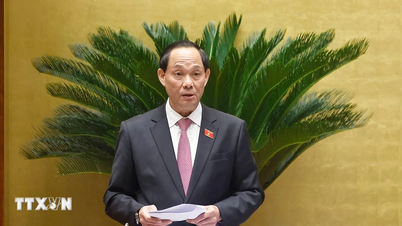

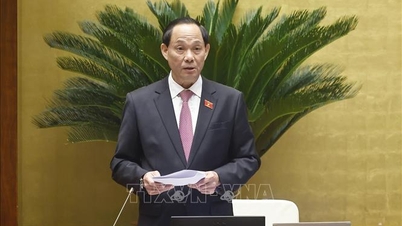
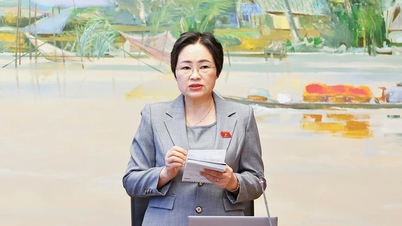
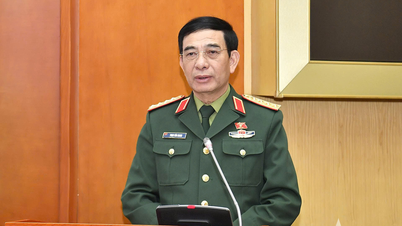

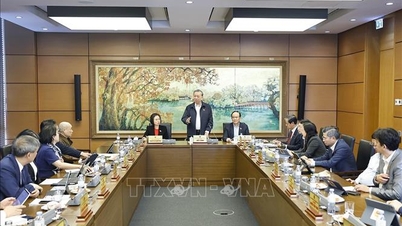
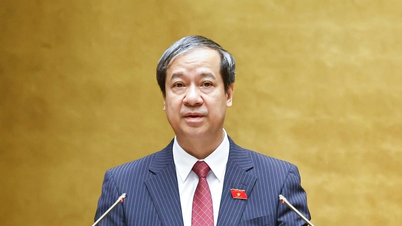
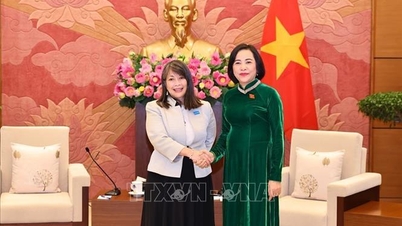
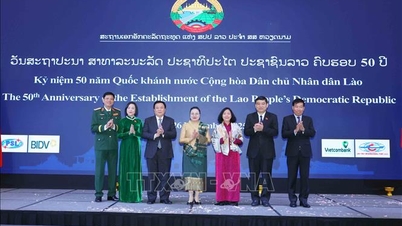

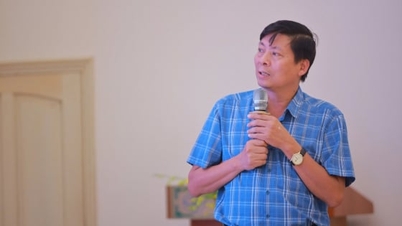

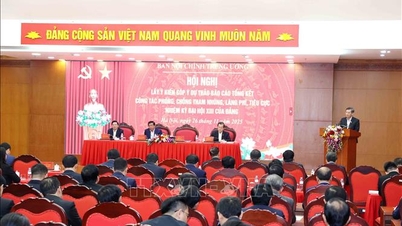
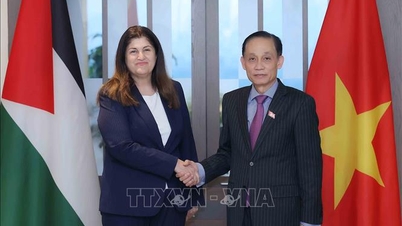




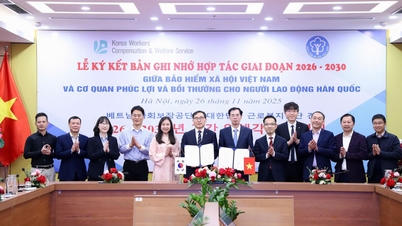
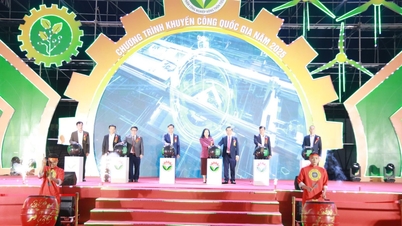
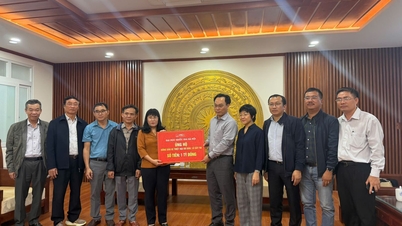
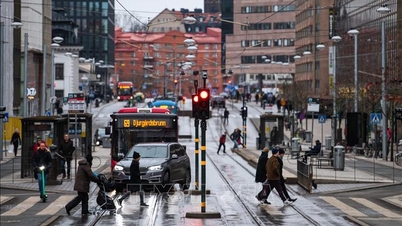
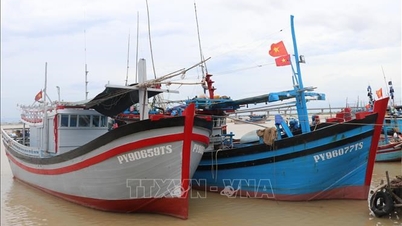
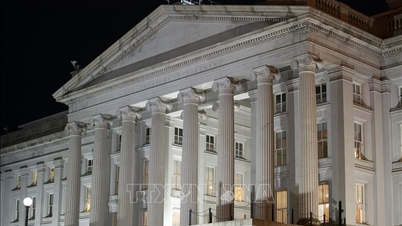


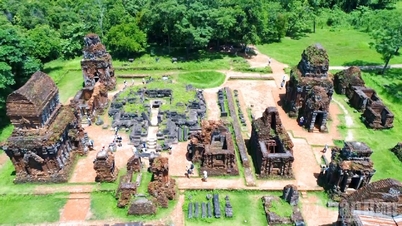


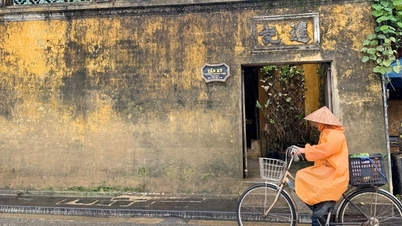



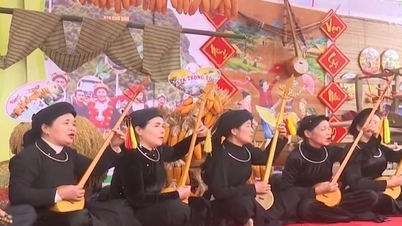

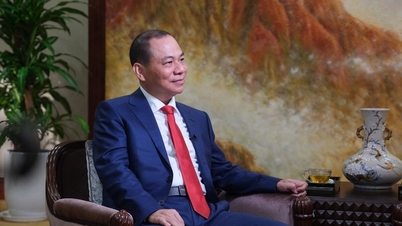

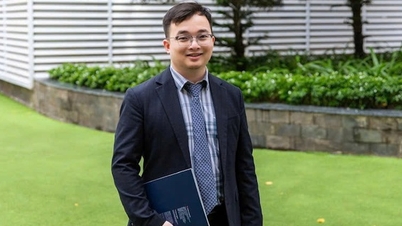

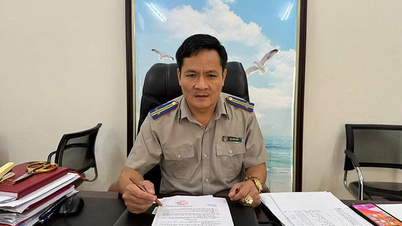

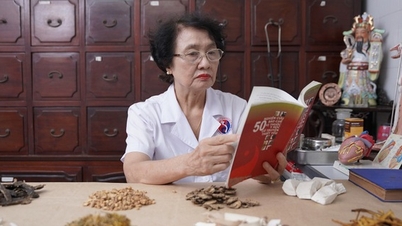

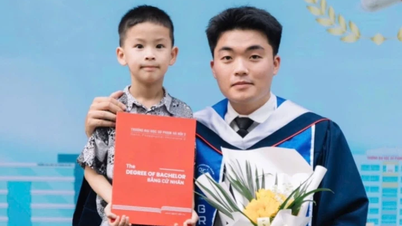

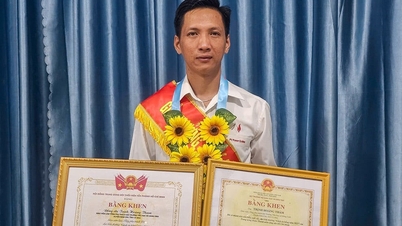

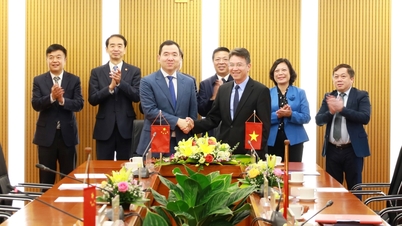


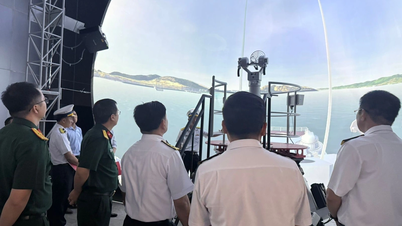
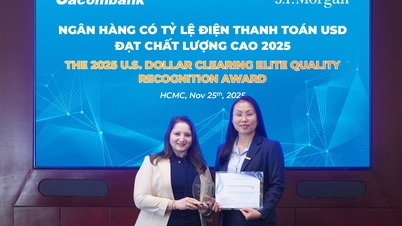

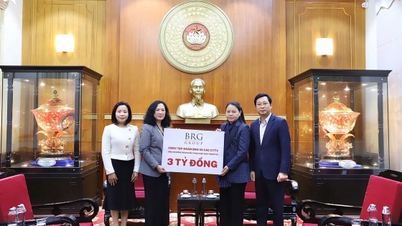
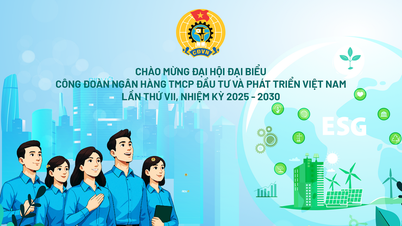






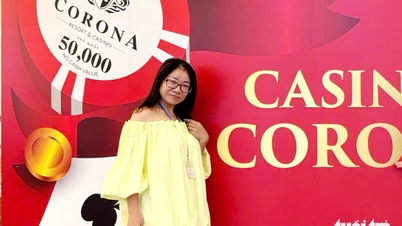



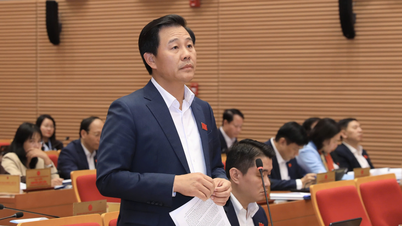
![[Photo] Opening of the 28th Session of the Hanoi People's Council](https://vphoto.vietnam.vn/thumb/402x226/vietnam/resource/IMAGE/2025/11/26/1764155991133_image.jpeg)


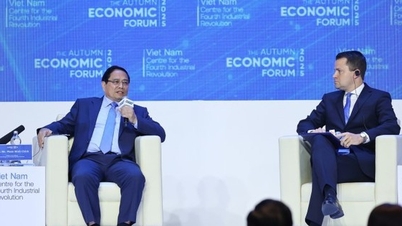

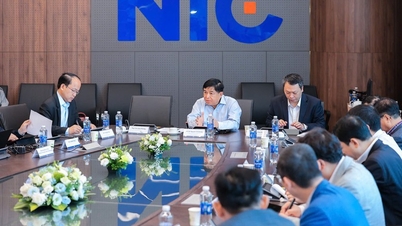



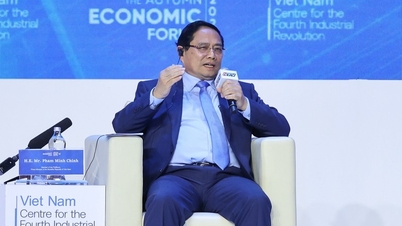
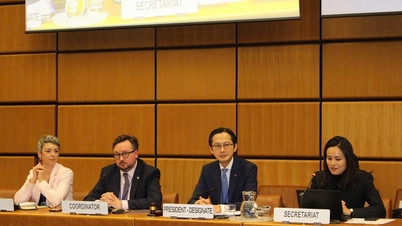


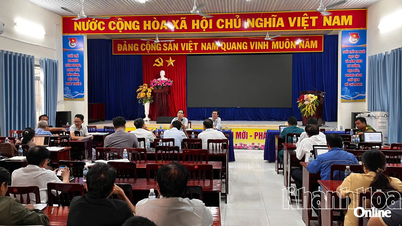
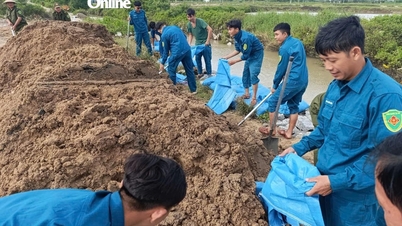


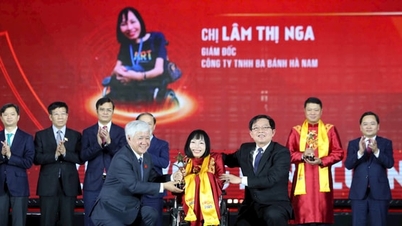














Comment (0)